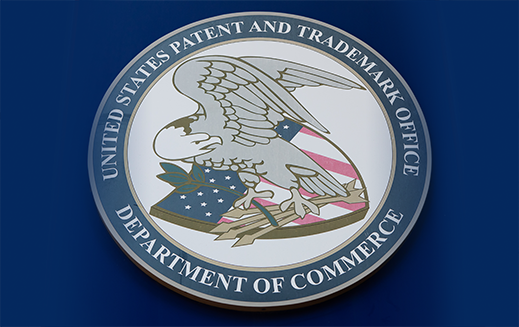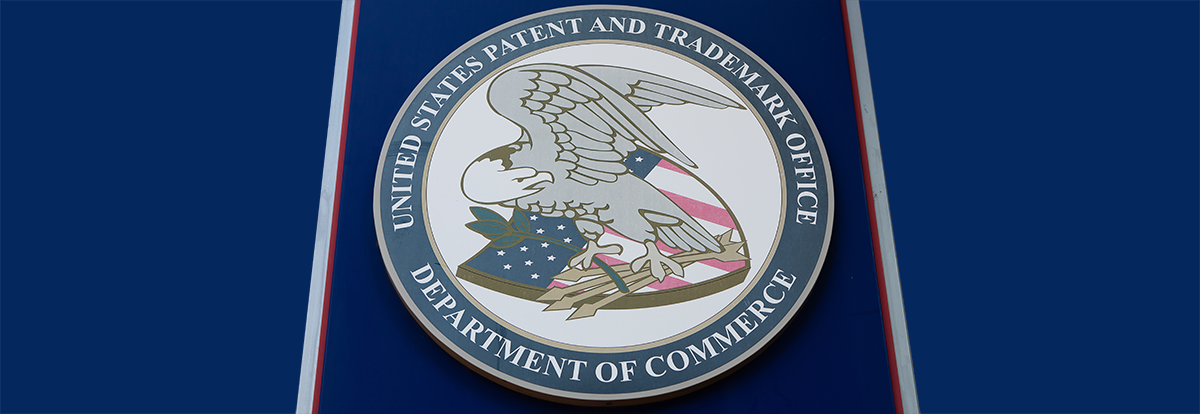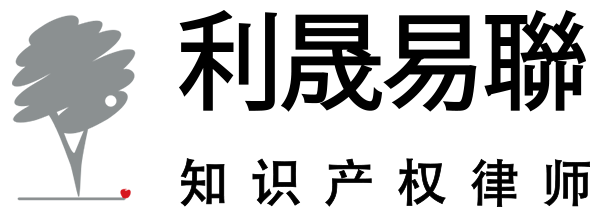
Patent Drafting In View Of Section 112(F) 1
2020 年 10 月 10 日
Melvin Garner And Lauren Emerson Present At AIPLA Annual Meeting
2020 年 10 月 27 日Congress Is Poised To Make The Most Significant Changes To U.S. Trademark Law With The Trademark Modernization Act.


Congress is poised to make the most significant changes to U.S. trademark law in recent memory with the Trademark Modernization Act (H.R.6196). The Act is currently working its way through the House Judiciary Committee, but recent drafts reveal significant changes to trademark law, particularly to the way in which registered marks may be cancelled. The Act also creates a statutory presumption of irreparable harm in trademark cases, gives the USPTO more flexibility in setting deadlines for Office Action responses, codifies the Letter of Protest procedure into law, and attempts to avoid a constitutional challenge to the way in which Trademark Trial and Appeal Board judges are appointed, in light of the Federal Circuit’s decision in the Arthrex case.
The Act is the end result of a years’ long effort to address the significant increase in fraudulent trademark applications, including the recent spike in registrations that are supported by what appear to be fake specimens. The USPTO has made a priority of establishing more confidence in the legitimacy of the trademark Register, and the Act will give them many tools to do so.
On the issue of streamlined cancellation proceedings, the Act creates two distinct procedures for cancelling registrations outside of the traditional Trademark Trial and Appeal Board. First, it would add Section 16A to the Trademark Act, which provides for ex parte expungement. Expungement is available for goods and services that have never been offered under the registered mark. Section 16A provides a three-year buffer after registration, during which expungement is not available. This is intended to reflect the principle that abandonment is presumed after three years of non-use. Expungement is available for all registrations, regardless of the basis, and can be initiated by third-parties or the Director. However, the Director has the ultimate authority to decide whether to pursue expungement or not. While considerably easier and more cost effective than a traditional cancellation proceeding, expungement becomes unavailable after a registration is 10 years old. The Act also creates a new cause of action for traditional cancellation under Section 14 of the Trademark Act, which mirrors much of Section 16A.
The other half of the proposed new cancellation procedures is more directly aimed at registrations that are based on illegitimate specimens. Under new Section 16B of the Trademark Act registrations may reexamined after registration for lack of bona fide use in commerce. Section 16B is more narrowly focused than Section 16A and is available when certain goods or services were not offered under the mark as of the date on which use was verified under Section 1(a). Traditionally, the relevant date would be either the application date or the date on which a Statement of Use is file, depending on the filing basis. Like with expungement, ex parte reexamination may be initiated by third-parties or the Director, but reexamination is conducted by the Director. Unlike expungement, ex parte reexamination is available immediately after the registration issues, but is not available for registrations that are at least five years old.
The new laws would undoubtedly make it easier for trademark owners and the USPTO to remove dead wood from the Register, and would help to reduce the current backlog of cases at the TTAB. However, there is some concern that the Act will create some unintended negative consequences. For example, the post-registration audit process has demonstrated that it can be difficult to produce evidence of use for ever good and service listed in a registration, even if the trademark owner believes it is making good faith use of the mark for those goods and services. The Trademark Modernization Act’s standard for rebutting evidence an expungement or reexamination is more flexible than in the initial examination process, meaning that trademark owners can defeat a claim by producing evidence of use that may fall short of what would traditionally be accepted as a specimen. That said, the process may be quite burdensome and expensive for registrants.
Another concern is that the new procedures may allow for harassment by bad actors, assuming that third-party petitions will be relatively inexpensive and simple to file. Unlike cancellation proceedings, there is no standing requirement for expungement or reexamination, as the bill is currently written, which may make it considerably easier for third-parties to challenge a competitor’s registrations in bad faith. That said, the procedures for third-parties to initiate proceedings under the Act are similar to those that the USPTO currently employs for Letters of Protest in that the Director serves as a gatekeeper for moving the proceedings forward. There is no evidence of widespread misuse of the Letter of Protest system, so any concern that there will be significant misuse of the new procedures may be unwarranted.
The timing of when the bill will proceed through Congress is still unclear. The full House has not considered the bill yet, and the Senate has not considered it at all. Given that the election is less than a month away, it is highly unlikely that the bill will be passed in the near future. It remains possible, though still unlikely, that it will be passed during the lame duck session of Congress, particularly if the election results are disputed. It seems more likely that the bill will be considered by the new Senate in January and move through Congress at that point. In any event, trademark practitioners and owners should continue to monitor the status of the bill in the coming months.


